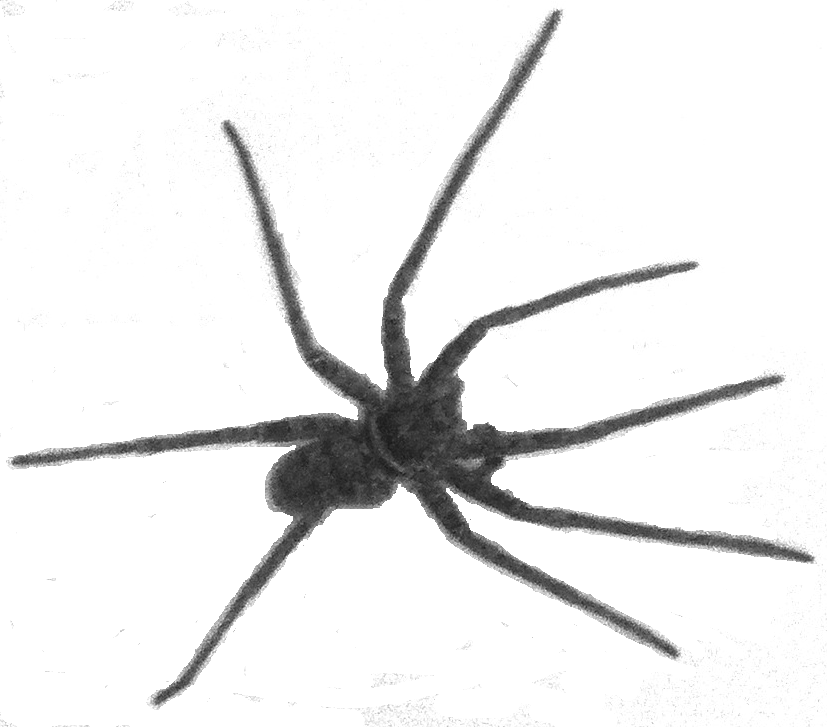Kvabebi
Basic information
Sample name: Kvabebi
Reference: J. Agusti, A. Vekua, O. Oms, D. Lordkipanidze, M. Bukhsianidze, G. Kiladze, and L. Rook. 2009. The Pliocene-Pleistocene succession of Kvabebi (Georgia) and the background to the early human occupation of Southern Caucasus. Quaternary Science Reviews 28:3275-3280 [ER 3884]
Geography
Country: Georgia
State: Kakheti
Coordinate: 41.473862° N, 45.741837° E
Coordinate basis: estimated from map
Formation: Akchagylian Basin
Time interval: Late Pliocene
Ma: 3.07
Age basis: paleomag
Geography comments: The Kvabebi site is located in the "area surrounding Kvabebi Mountain to the south of the village of Magaro"
Coordinates estimated from Kevabebi Mountain
Age established through paleomag ("Site should have an age bracketed by the polarity reversals of chron 2An.1r, i.e., 3.04 and 3.11 Ma") and correlation with the European biochronological scale
Coordinates estimated from Kevabebi Mountain
Age established through paleomag ("Site should have an age bracketed by the polarity reversals of chron 2An.1r, i.e., 3.04 and 3.11 Ma") and correlation with the European biochronological scale
Environment
Lithology: siliciclastic (mixed)
Taphonomic context: fluvial deposit
Habitat comments: "Kvabebi site is the result of accumulation due to tractive processes in a fluvial influenced environment"
"Bone and bone fragments are reworked and more or less scattered within sandstones and shales"
Fossil bones are typically found anatomically disconnected, most bones are isolated with no evidence of carnivore damage and "may be very well preserved"
"Bone and bone fragments are reworked and more or less scattered within sandstones and shales"
Fossil bones are typically found anatomically disconnected, most bones are isolated with no evidence of carnivore damage and "may be very well preserved"
Methods
Life forms: carnivores,rodents,ungulates,other large mammals
Sampling methods: quarry
Sample size: 808 specimens
Sampled by: G. Avakov, A. Vekua, J. Agusti
Sampling comments: "In recent years" a joint Georgian-Spanish team began re-prospecting and re-excavating the Kvabebi section
A paleomagnetic analysis was conducted on the series, consisting of field sampling with a drilling machine from >20 levels
Obtained a minimum of three cores from each sampled level
A paleomagnetic analysis was conducted on the series, consisting of field sampling with a drilling machine from >20 levels
Obtained a minimum of three cores from each sampled level
Metadata
Sample number: 4263
Contributor: Jack Nesbitt
Enterer: Jack Nesbitt
Created: 2023-05-11 16:27:24
Modified: 2023-05-12 00:58:15
Abundance distribution
23 species
4 singletons
total count 808
geometric series index: 32.6
Fisher's α: 4.409
geometric series k: 0.7804
Hurlbert's PIE: 0.8604
Shannon's H: 2.3069
Good's u: 0.9951
Each square represents a species. Square sizes are proportional to counts.
• Find matching samples
Register
| Nyctereutes megamastoides | 70 | |
| Eucyon sp. | 1 | |
| Ursus minimus | 2 | |
| Lynx issiodorensis | 8 | |
| Homotherium latidens | 7 | |
| "H. davitashvili": see Anton et al. (2014) | ||
| Puma paradoides | 2 | |
| Dinofelis cristata | 1 | |
| "Dinofelis abelis" | ||
| Chasmaporthetes lunensis | 1 | |
| "Chasmaportetes lunensis" | ||
| Hystrix cf. primigenia | 2 | |
| Propotamochoerus provincialis | 37 | |
| Eucladoceros sp. | 6 | |
| Pseudalces sp. | 6 | |
| questionably assigned | ||
| Procapreolus sp. | 9 | |
| Ioribos aceros | 234 | |
| Protoryx heinrichi | 72 | |
| Oryx (Aegoryx) sp. | 1 | |
| Gazellospira torticornis sokolovi | 84 | |
| "Parastrepsiceros sokolovi" | ||
| Eosyncerus ivericus | 3 | |
| Gazella postmitilinii | 80 | |
| Hipparion rocinantis | 83 | |
| Dihoplus megarhinus | 53 | |
| "Stephanorhinus megarhinus" | ||
| Kvabebihyrax kachethicus | 11 | |
| Anancus arvernensis | 35 | |


